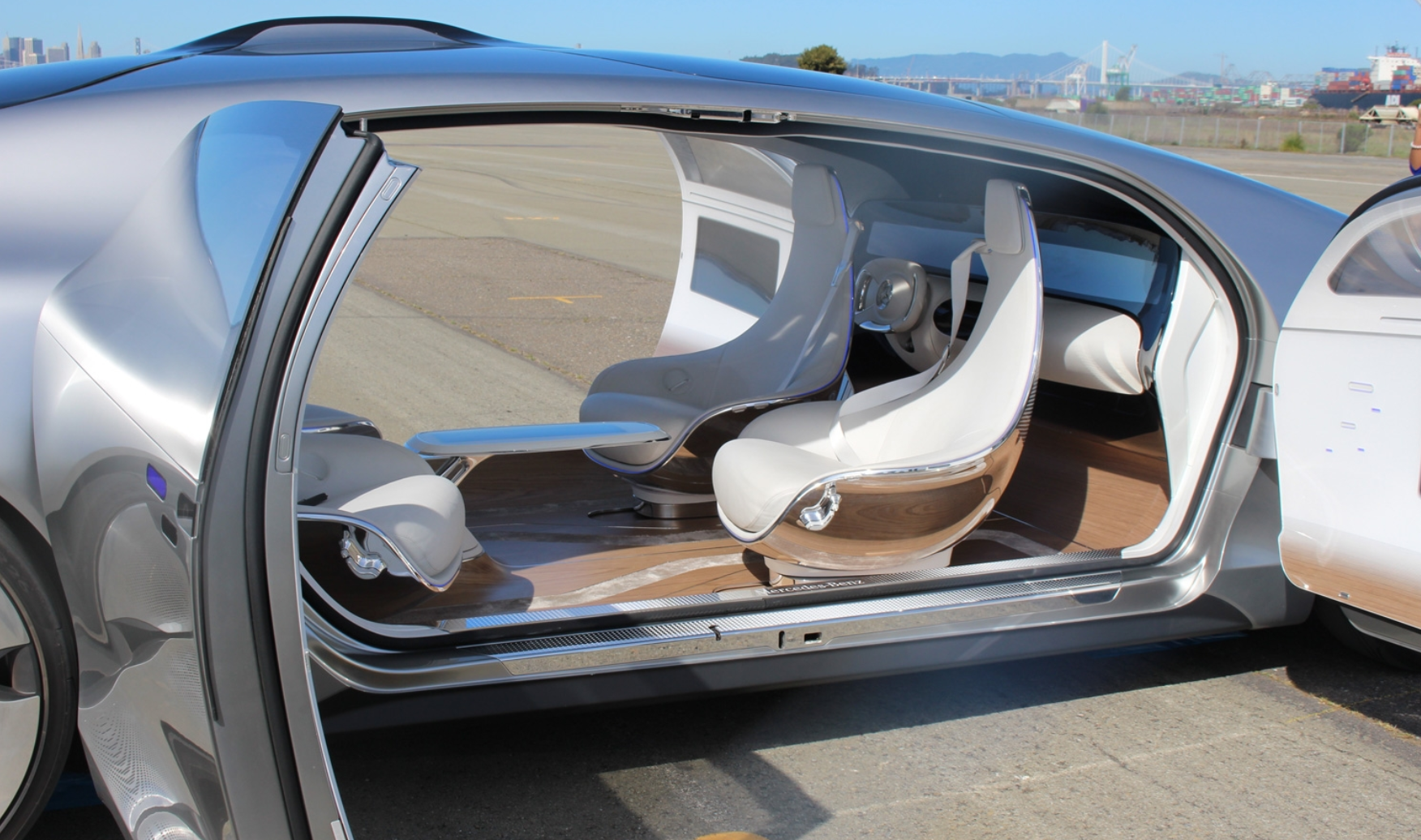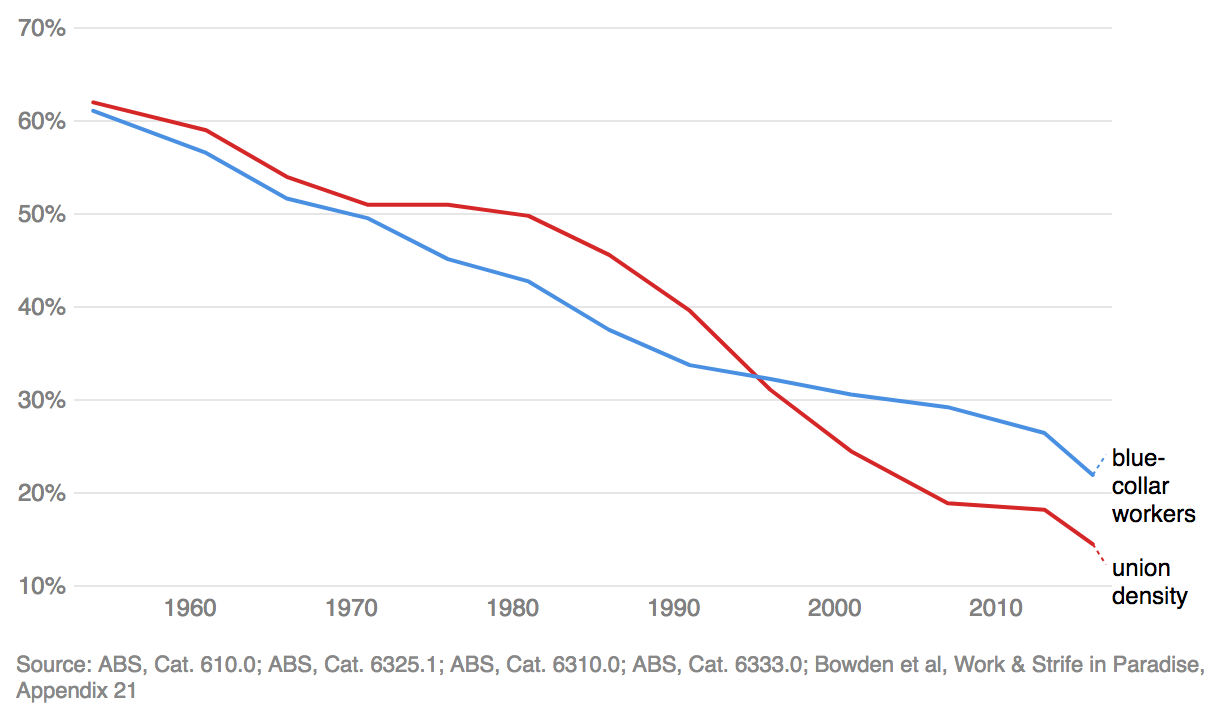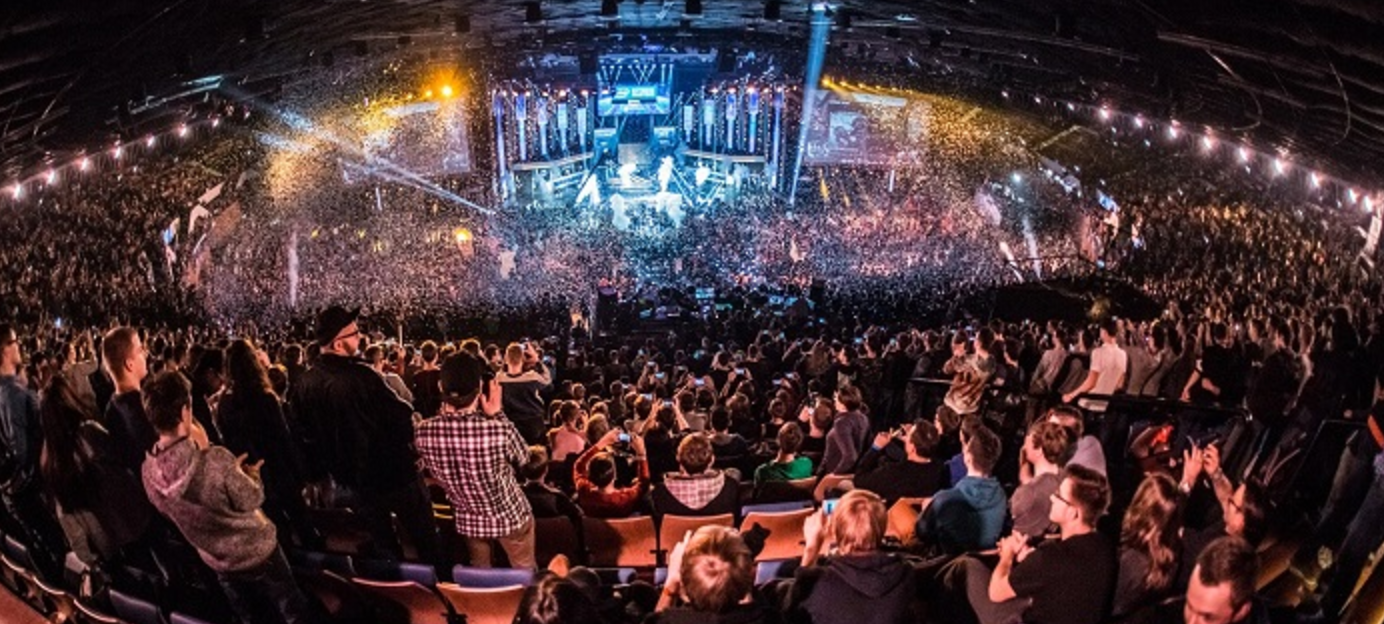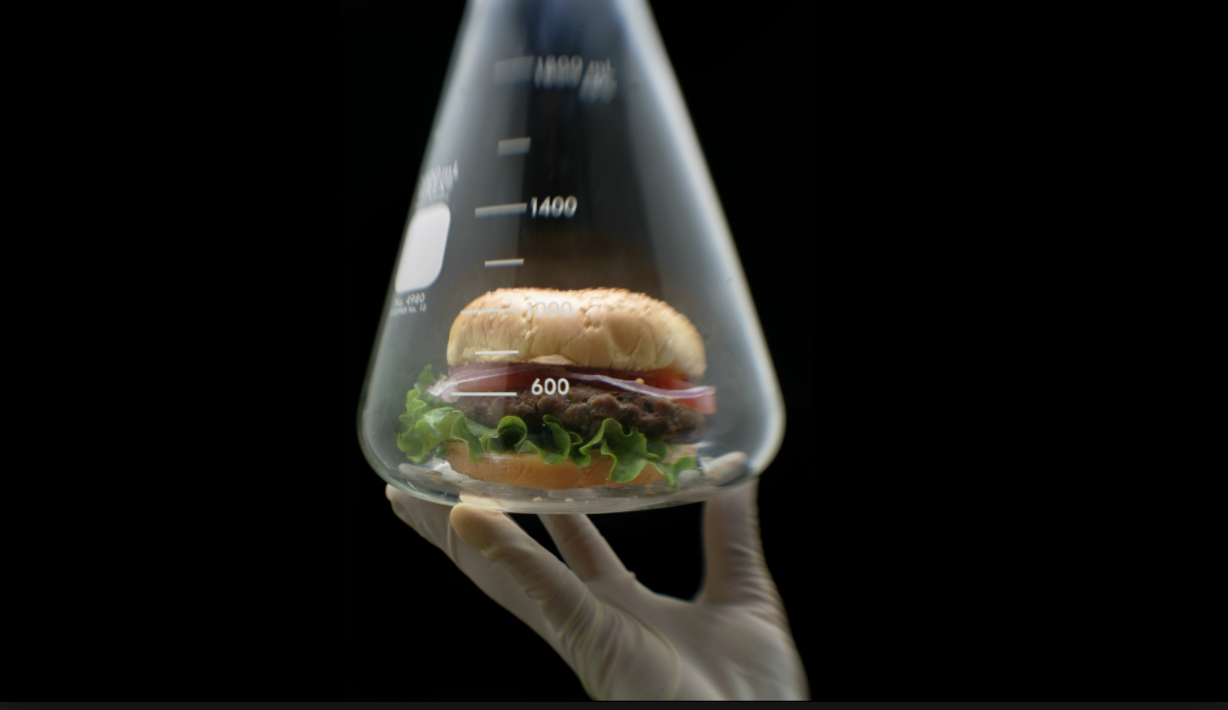
After a keynote speech, I was asked again today what will happen to all the people who will lose their jobs due to Automation and Artificial Intelligence. The example cited was people who drive for a living. While I’ve written about this before, as well as the shift off farms to the cities in the industrial dawn, this time I thought it might valuable to propose an entirely new economy – The Autonomous Transport Economy or TATE.
TATE will allow a set of entirely new business models, consumer products and employment created by the advent of driverless vehicles and drones. Before we do that, let’s explore the last time something like this happened, something we all experience daily: The Night Time Economy.
A little over a hundred years ago there was no night time economy. Artificial light used to be inordinately expensive, unobtainable to many, smelly and dangerous. Candles, kerosine lamps, open fires and gas lanterns that did provide light weren’t nearly as convenient as the electric light we now take for granted. When wood was the main source of light, it took 60 hours of work to generate the equivalent lumens of a modern light bulb shining for a measly 54 minutes. ‘Light’, which was once too expensive to use, is now too cheap to notice. The significance of cheap electricity is profound. Electricity invented the 24 hour economy. Before that our productive life, and economy, was mostly restricted to daylight hours. Think of everything you now do at night, and you’ll get a perspective of what the ‘night time economy’ has generated – cinemas, bars, nightclubs, night markets, restaurants and 24 hour production. In the home, we have television, radio, entertainment, gaming, white goods and pretty much everything that happens when the lights go down. And yes, it would’ve been difficult to predict the industries and jobs that inevitably arrived to support this entirely new economy. As it is difficult now to predict The Autonomous Transport Economy (TATE).
The possibility for economic change, and therefore growth driven by TATE, is bigger than everyone imagines. A few simple ideas for stimulus display how much opportunity lies before us to create tomorrow’s jobs. The best way to predict the future by asking a few simple questions:
What will happen to Carparks? How will we reconfigure the real estate of high rise and underground carparks. What will we use these concrete caves for? Day time popup shops and night time charging stations? Places for Autonomous cars to sleep and get cleaned?
What will happen to the ground space in cities allocated to car parking – where our cars have a little rest? This averages 30% in large cities. Will we green them, make pedestrian friendly or build on them?
We can expect real estate prices and populations in Exurbs (places of great beauty within 2 hours of a major city) to increase as people decide to live further afield, work remotely and travel to the city autonomously for their meetings or 2 office days per week.
Offices will shrink, as large companies realise costs for running a Corporate Taj Mahal in a city can be reduced re-assessing the need for expensive real estate and the impact on a lengthy commute for staff. As they realise team members only need to be in the same room a few days a week and not five, the corporate office will fragment into smaller distributed work places. A large corporate might have satellite offices or share co-working spaces around the state, knowing of course that the autonomous vehicles will zip workers to the city at 200km per hour when meetings are needed.
These new driverless vehicles will be reconfigured very differently to current day cars. Some will be fitted out as fully connected rolling offices, and they’ll look more like a business class cabin on a plane than seats do today (which are really just stage coaches with a motor instead of a horse!).
We can expect cars to be redesigned and new versions of cars to be invented. Just like we invented buses and pick up trucks, we’ll invent Sleeper Vehicles. These will be designed for longer trips (Overnighters), or for those requiring a bit of luxury while in transit. People will own them, some will order on demand. They’ll look more like a bedroom or lounge room than a transport device.
E-commerce arrived with the web, and now we can expect R-commerce or Rolling Commerce. It’s an entirely new type of buying we’ll do which is time- and geographically-specific, based on where we are and where we are going. It will claim some of the time we used to allocate to drving.
As a result, industries will pop up to support R-commerce, including RX designers (Rolling Experience) and build strategies around the money which is expended in vehicles. It will become a commercial measure among retail, ecommerce and other documented economic indicators.
Shopping centres will become distribution hubs, where the giant carparks we currently have are converted into autonomous retail pick up up bays by day and electric recharging stations and cleaning zones by night.
Why just sit and relaxing in the car on the way? Why not order an a GymCar with built in exercise machines and do some rowing or weight lifting on the way to the city?
With the worry of crashing your gone, we’ll still need Hacking Insurance. While it will be rare, it’s already proven to be possible and hacking will generally become a major pivot for the insurance industry in many product arenas. The fear of cars being hacked will recruit and educate consumers to insure every digital product they own against hacking.
We can expect cars to be tracked thorough using blockchain technology. One owner who only drove it on Sunday? We’ll know everywhere the car has been, done and had done to it. Even our payments for utilising cloud cars will be built on this tech sooner than we think.
Of course, cars will use more data than houses. If we choose to own one, there’s a good chance we’ll send it out to work when we are not using it. It’ll need data for entertainment, commerce, deliveries, and of course driving itself. Expect data packages to become a major selling point with cars. Cars sold in regional areas might just come with satellite data access. (Powered by SpaceX? Maybe they’ll provide the cloud that powers transport data?)
Roads will need to be redesigned to cope with autonomous transport. Concrete, steal and meta-strcuture will need to be built by hand and machine creating significant employment. We’ll first see signs on the road which say “You are now entering an autonomous vehicle zone.” Eventually, human driving will be outlawed as new laws redefine how we move.
All this excites me – I see new industries, employment and opportunities to create a greener, safer more fluid world – most of which we are yet to imagine. All we really need is the willingness to move towards our inevitable future.
Go build it – Steve.







